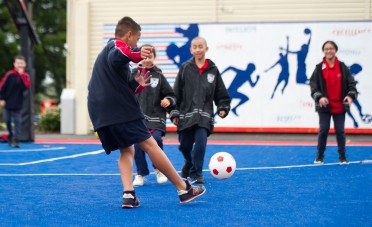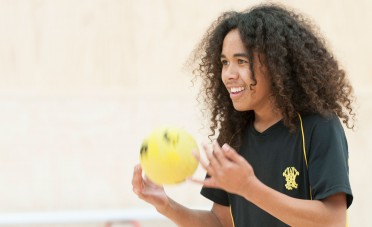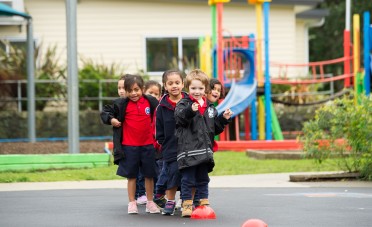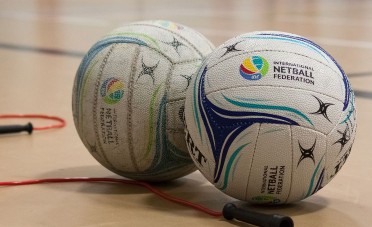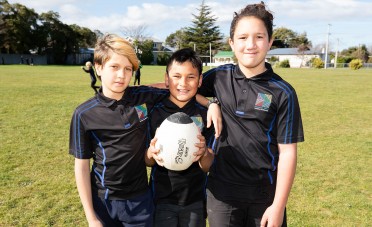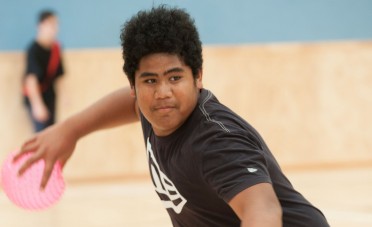Sport and competition
Learning about attitudes and values for competitive sport through an invasion game (endball).
Sport studies — Resource collection
This resource is part of the Sport studies resource collection.
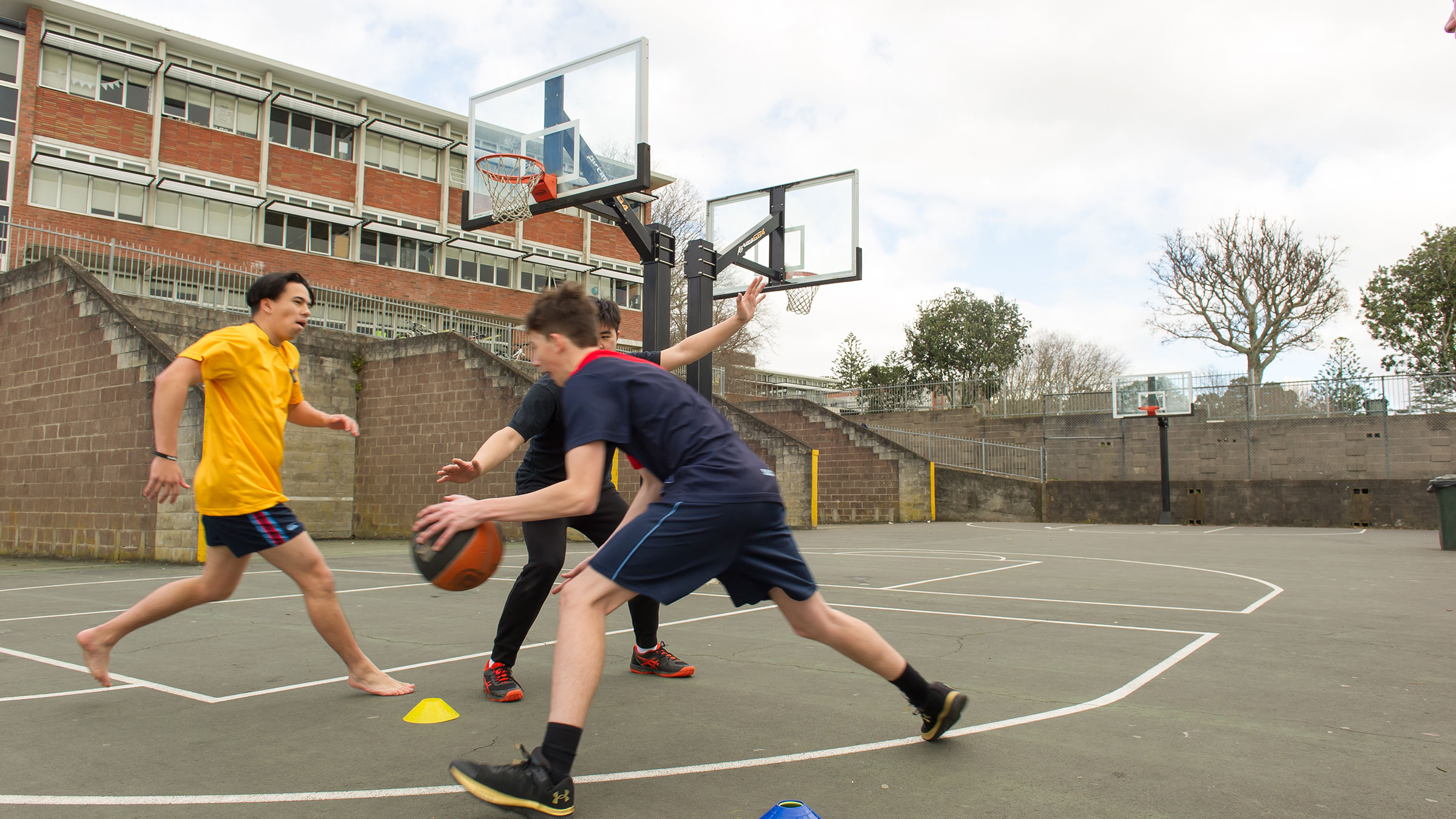
Context
Learning about attitudes and values for competitive sport through an invasion game (endball).
Unit aim
To explore issues of competition through sport. These issues include winning and losing, fairplay and formalising rules.
General overview
In this unit ākonga will be playing endball games. During each of the lessons a different theme will be explored. This unit provides a range of questions kaiako can ask to explore the theme of the lesson. Kaiako may wish to choose a different invasion game or carry out the themes using a range of invasion games, for example netball, soccer touch, lacrosse, ultimate, basketball.
Key area(s) of learning
Sport studies, mental health
Underlying concepts
This unit will enable ākonga to develop a responsible and positive attitude towards competitive sport by valuing themselves and other people (attitudes and values); and develop skills in collective action to improve the enjoyment of competitive sport (health promotion).
| AO | Learning Outcome | Learning experiences | Assessment opportunities |
|---|---|---|---|
| 3A4 | Ākonga will describe how their actions, and those of others during competition affect their personal sense of self worth. |
The class is involved in a game of endball where the teacher has encouraged disruptive behaviour (cheating, lack of participation, negative comments, or unfair umpiring by teacher). Ākonga reflect and discuss how they felt during the game using the themes: winning and losing, fair play and cheating, the importance of rules, and discrimination and inclusiveness. View video footage of competitors infringing during competition. Discuss the impact and effect on them and the rest of the team. |
Formalising discussions into written responses, group recording activity and reporting to class (anecdotal - teacher gauges the feelings and responses from the class). Ākonga publish individual statements to support fair play treaty (display on class wall - formative). Design a fair play certificate that highlights positive competitive behaviours (summative). |
| 3B4 | Ākonga will participate in invasion games and describe how competition can affect people's behaviour. | Ākonga share ideas and devise modifications to rules and/or scoring to combat cheating, reward fair play and teamwork, and foster inclusion. | Ākonga use peer assessment sheet to provide feedback on their teaching and officiating of their designed or modified game. |
